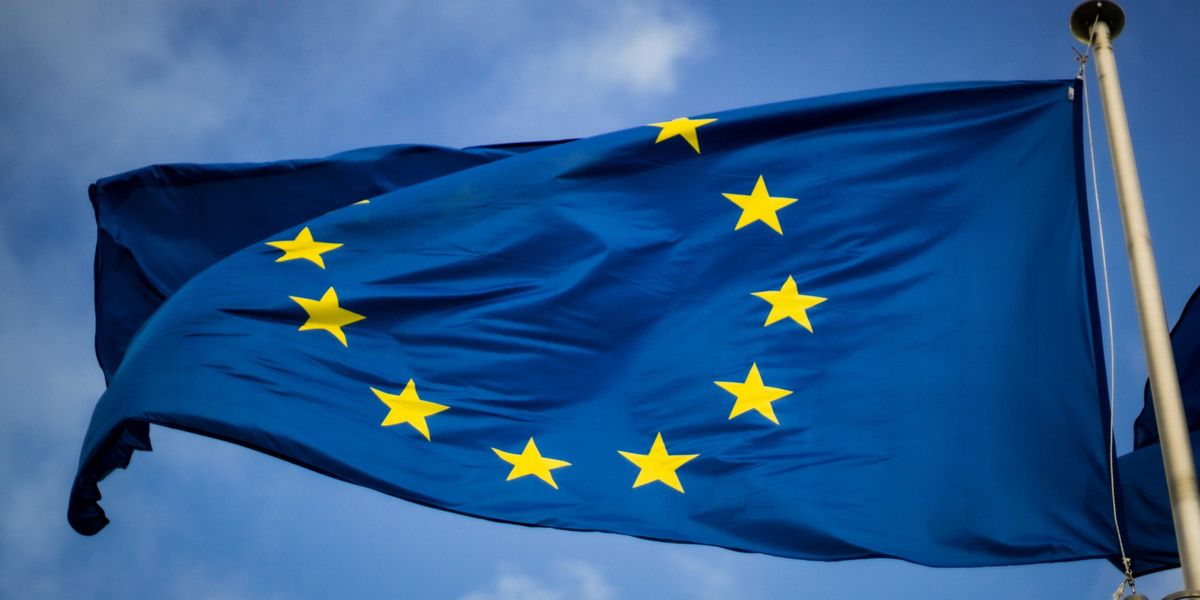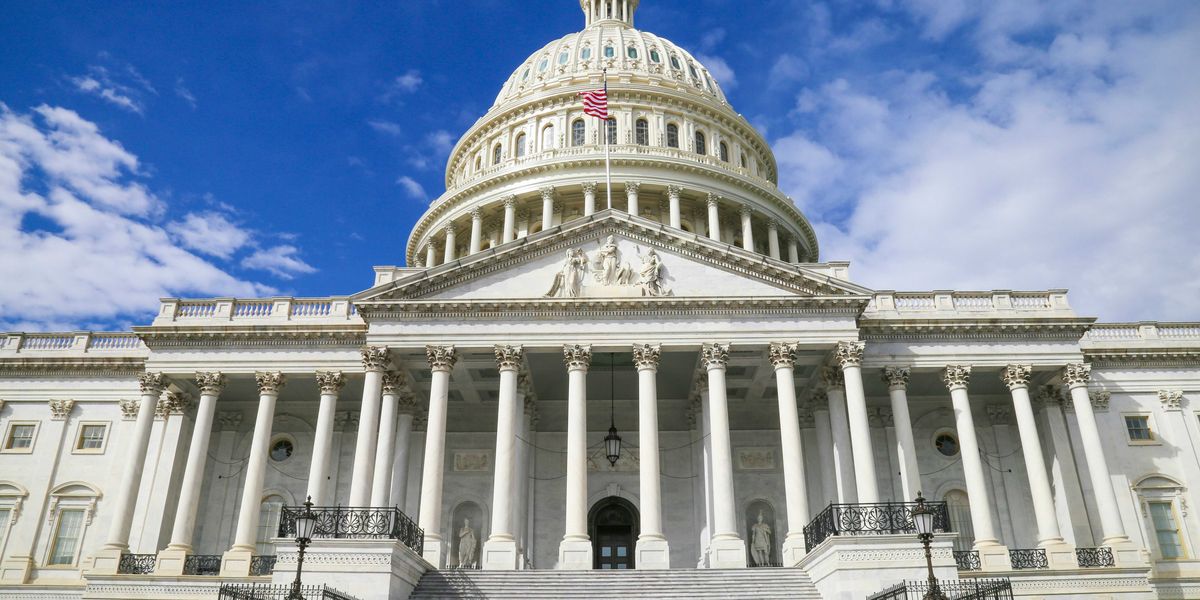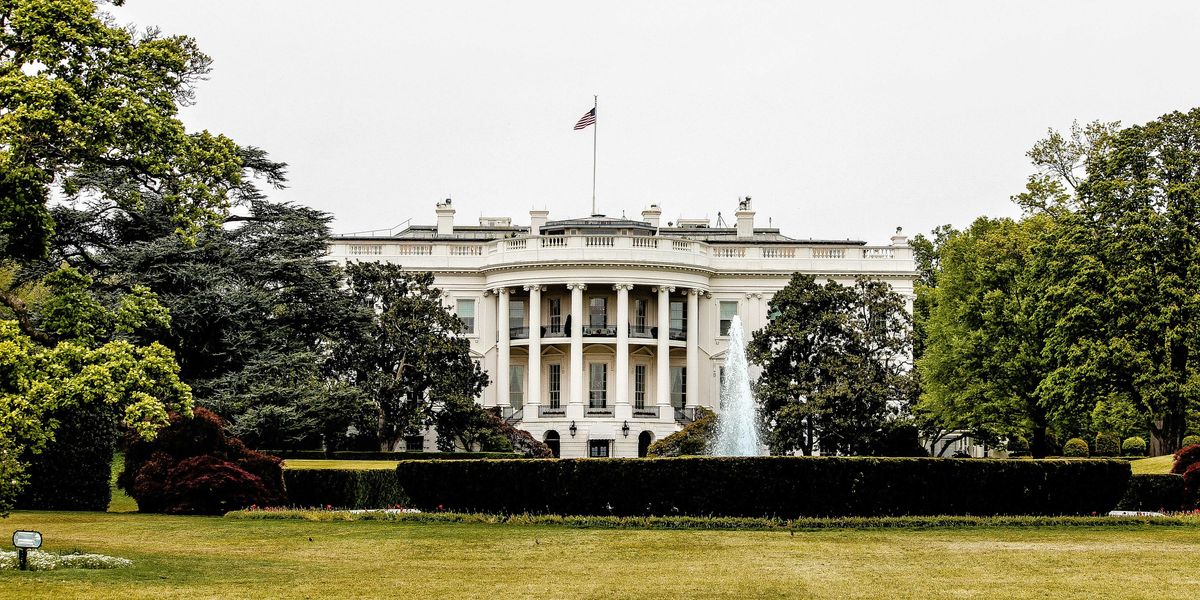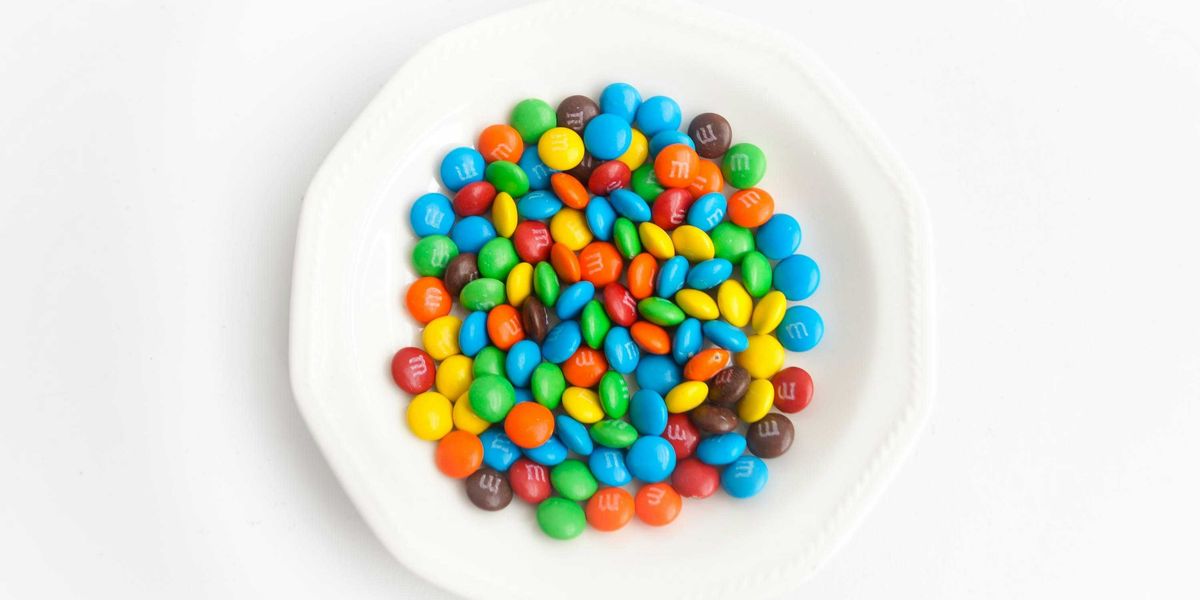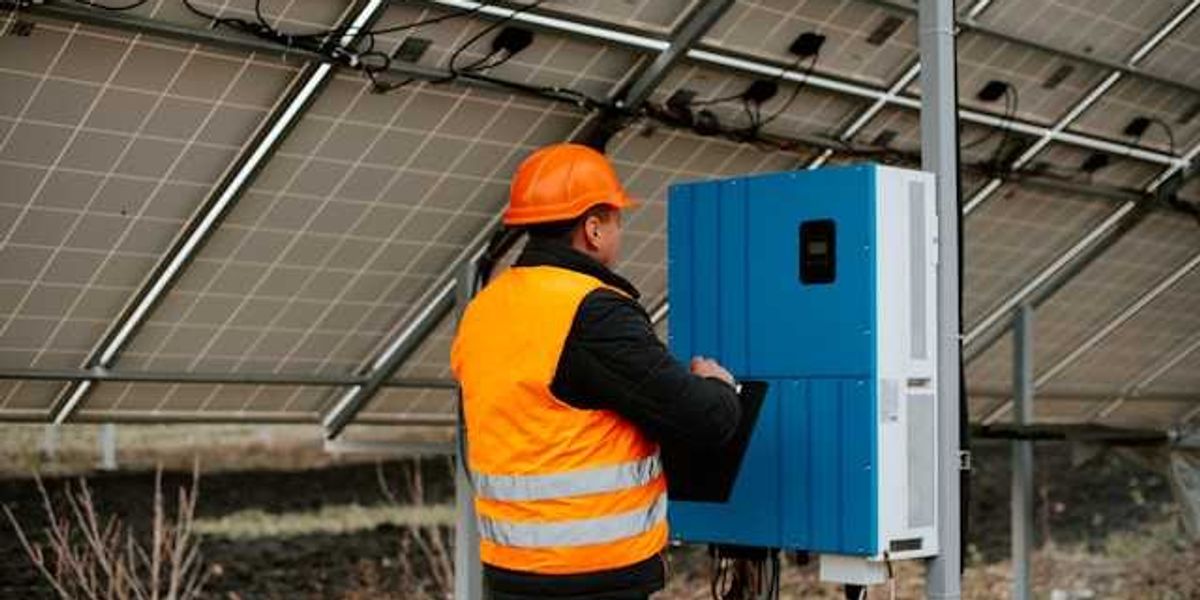Plastic makers exaggerate recycled claims using flawed accounting
A system called “mass balance” lets companies credit virgin plastic as recycled, raising concerns from watchdogs and prompting a shareholder revolt at snack giant Mondelez.
Joseph Winters reports for Grist.
In short:
- Mondelez plans to use mass balance accounting to claim that up to 50% of its Triscuit packaging contains chemically recycled plastic, though it hasn't labeled products as such.
- Experts argue that mass balance allows companies to falsely market plastics as “recycled” even when the material is mostly virgin and when recycled content is burned or turned into fuel instead.
- A shareholder resolution demands that Mondelez justify its claims, warning that the practice adds legal and financial risk while doing little to curb plastic pollution.
Key quote:
“This is just a bogus scheme.”
— Jan Dell, chemical engineer, founder of The Last Beach Cleanup, and Mondelez shareholder
Why this matters:
The public has been told for years that recycling is a straightforward path to environmental sustainability. But the reality for plastic is murkier — and often misleading. The chemical recycling process known as pyrolysis turns plastic waste into an oil that rarely ends up as new packaging. Instead, it’s commonly burned or downgraded into lubricants and waxes. The so-called “mass balance” approach used to account for this process doesn’t track where recycled content ends up; it just assigns credits on paper. That means companies can market their products as eco-friendly even when little to no recycled plastic is actually used. The recycling of plastic is itself controversial, damaging the environment and polluting nearby communities while producing dubious benefits.
Related:



